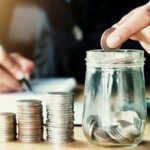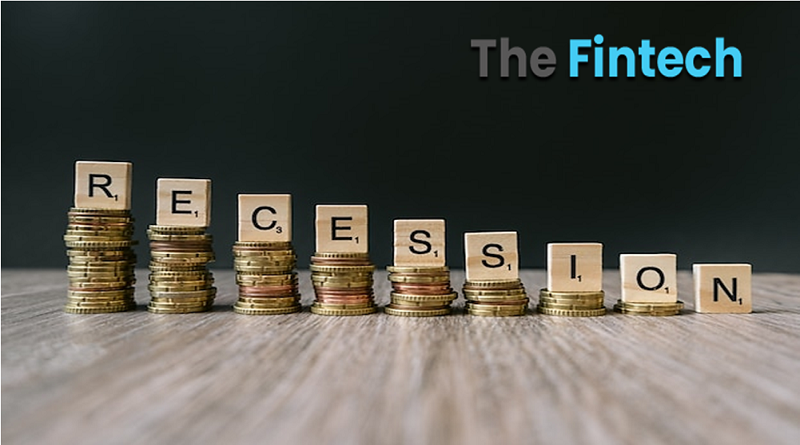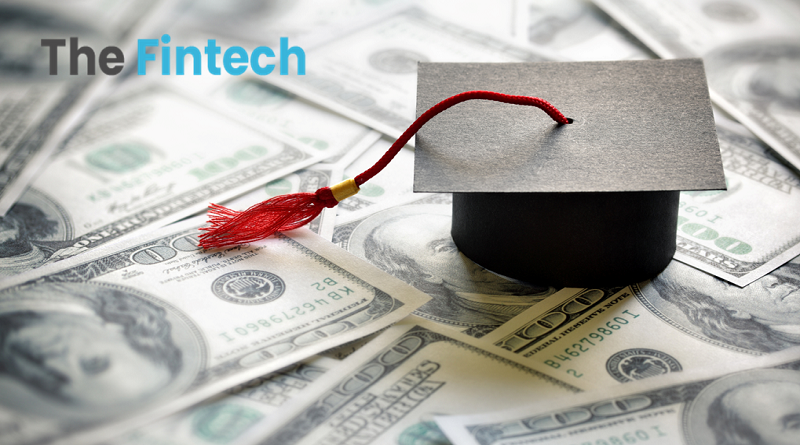The US is worried about a recession since inflation lowers its purchasing power.
Many Americans are preparing for an economic downturn even as experts disagree on whether the U.S. is about to enter one.
According to a survey by Allianz Life Insurance Company of North America, 66 percent of Americans are concerned that a significant recession is just around the corner, up from 48 percent who thought the same a year ago.
People’s anxiety over excessive inflation is a significant factor in the rise in the cost of goods and services.
According to the survey, 82% of respondents fear that inflation will reduce their ability to buy things during the next six months. Additionally, a similar percentage of those surveyed predicted that inflation would worsen during the following 12 months.
However, 71 percent of respondents claimed that their incomes are not keeping up with rising costs.
(The online study, which Allianz Life did in June, surveyed slightly over 1000 people.)
The U.S. Department of Commerce’s data from last week only served to fuel concerns about a downturn as the gross domestic product fell for a second consecutive quarter, a classic marker of a recession.
The White House, led by President Joe Biden, swiftly refuted claims that a recession had already begun, pointing to, among other things, the record-low unemployment rate.
According to government figures released last week, rising inflation caused consumer expenditure to surge by 1.1 percent in June.
However, as recession fears grow, this may already be forcing Americans to alter their money management practices.
Why a recession could be consumer-led
According to Jonathan Pingle, the head U.S. economist at UBS, consumer spending has been essentially steady over the past seven months notwithstanding the most recent figures.
Households were in good health at the beginning of the year, with surplus savings and strong job market improvements. But then came the addition of high gas prices and rising interest rates.
Overall, it has simply turned out to be a significantly poorer trajectory for consumer spending than I believe most people anticipated, according to Pingle. “The economic situation where we are right now is somewhat precarious.”
According to UBS’ probability model, the likelihood of a recession within the next 12 months is currently 40%. According to Pingle, the “very noisy” components in the first quarter’s GDP downturn were payback for a good fourth quarter in 2021, leaving the cause of quarter-to-quarter declines unclear.
A recent UBS research paper suggests that one way a U.S. downturn can manifest itself is as a consumer-led recession. The Federal Reserve may be causing another scenario by overtightening.
According to Pingle, a decrease in consumer spending could be a confidence shock. That may be brought on by households raising their precautionary savings as they put off making purchases out of concern for the future.








